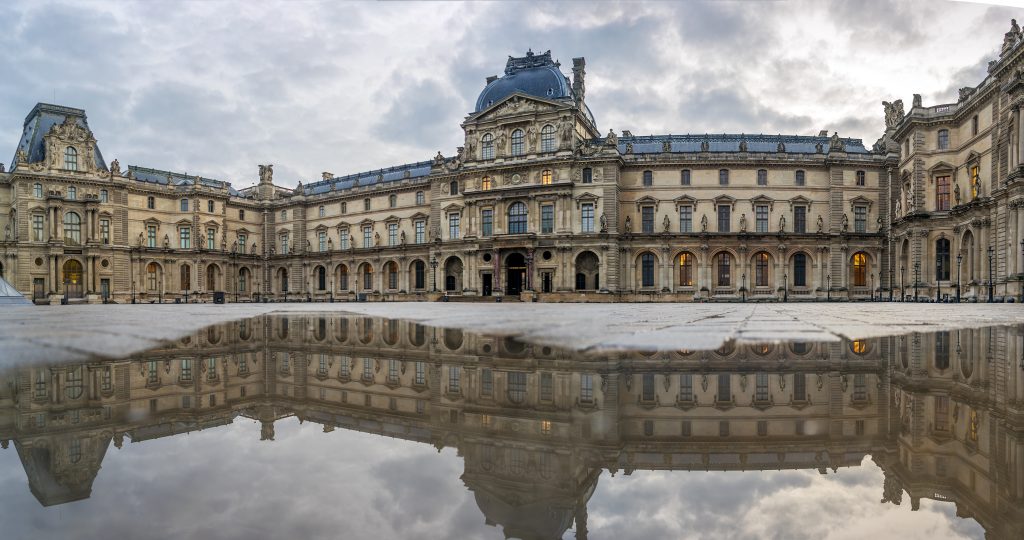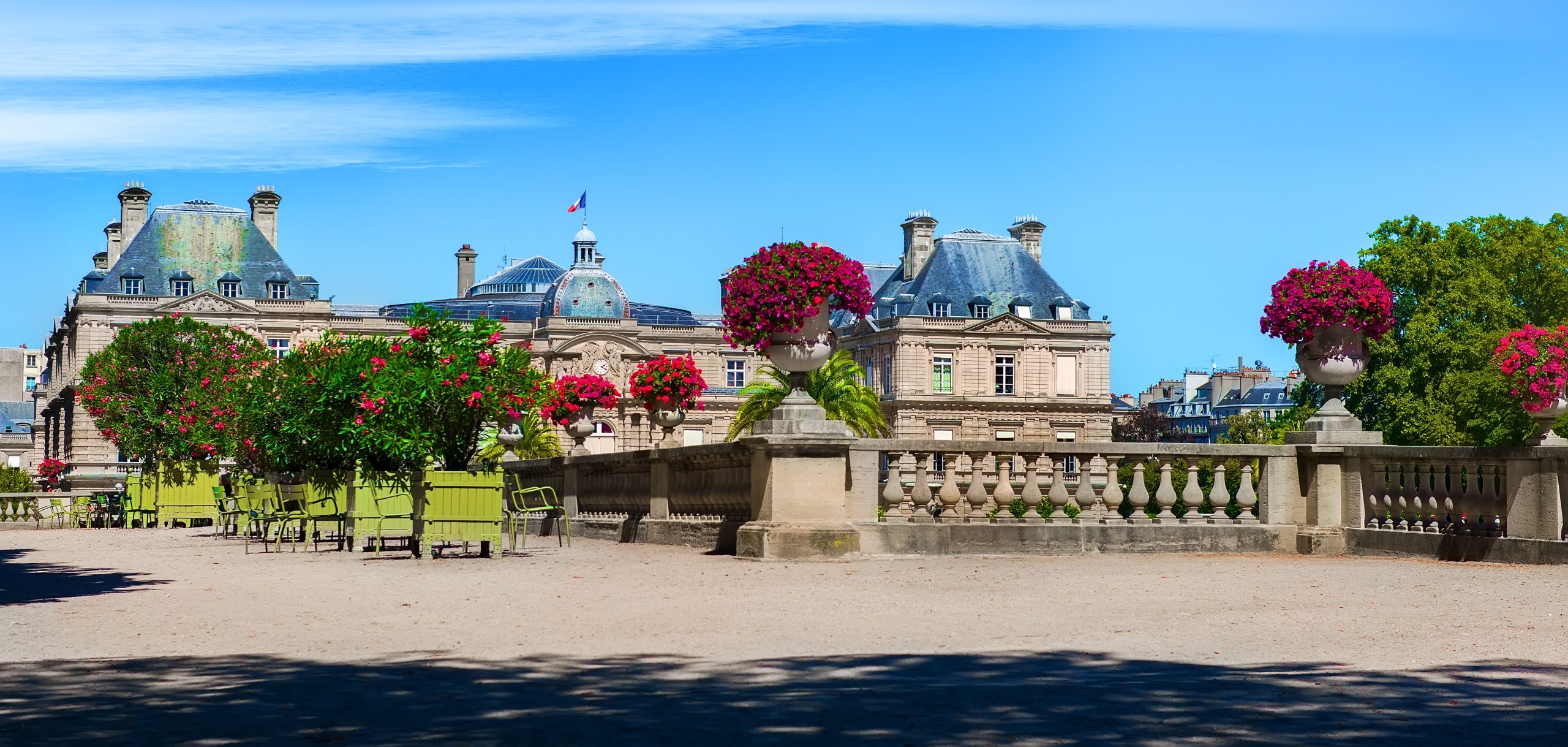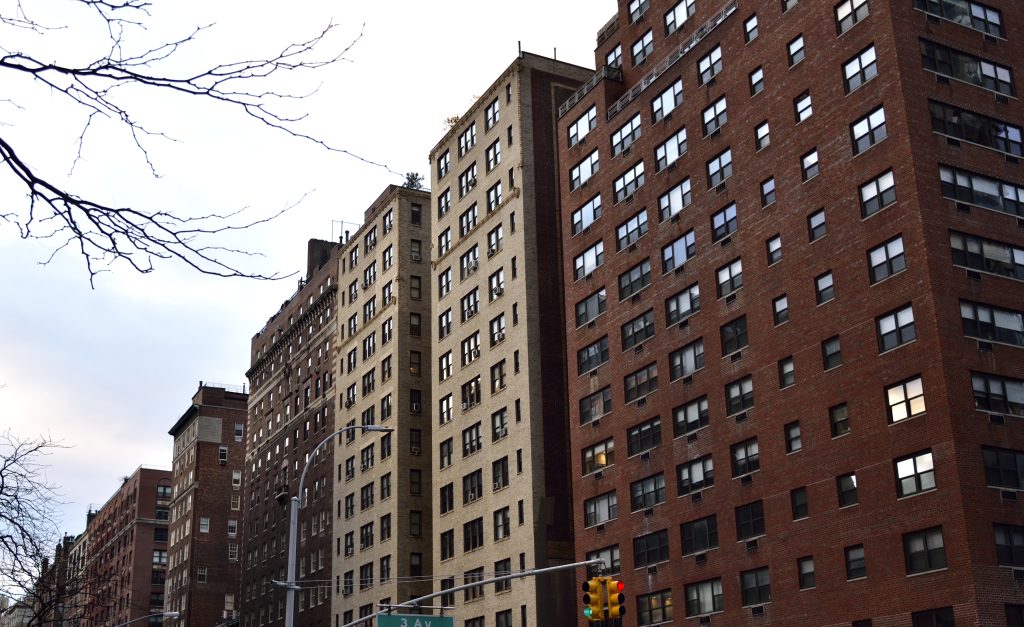France is one of the most popular destinations for higher education, and for good reason. Just in 2022, over 90000 international students obtained residence permits to study in France. With a long-standing reputation for academic excellence, a vibrant cultural scene, and a high quality of life, France is the perfect place for students to pursue their higher education.
France has a prestigious and diverse academic system, a rich and influential culture, and a friendly and cosmopolitan society. By studying in France, you can benefit from:







WhatsApp us